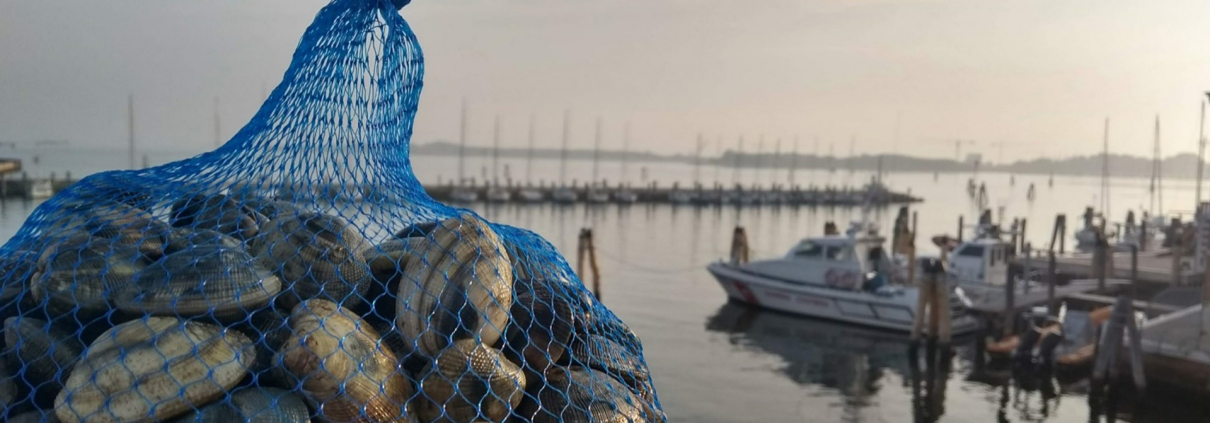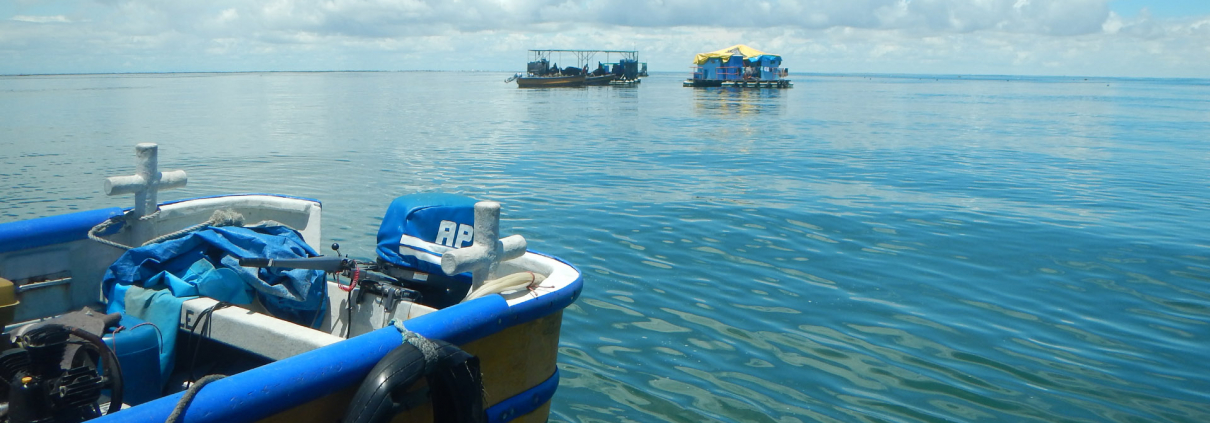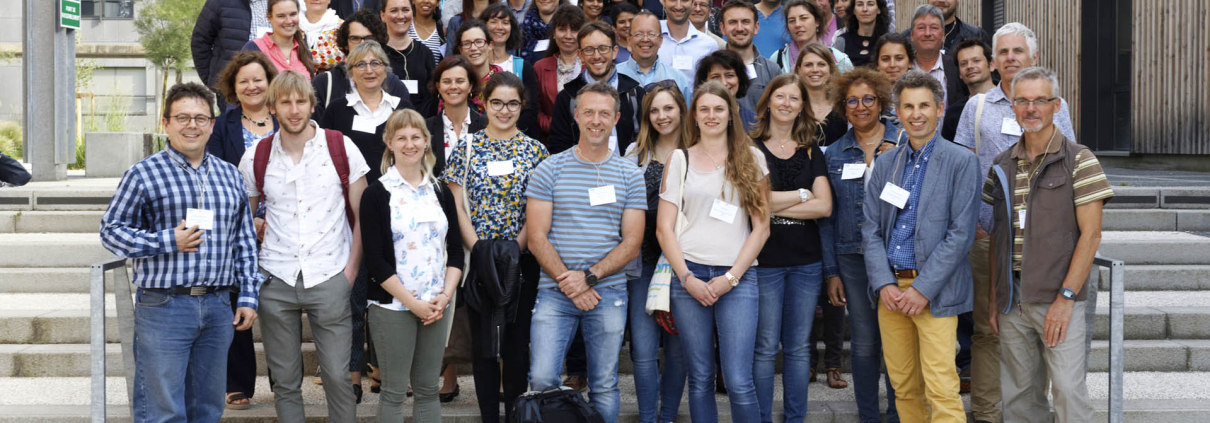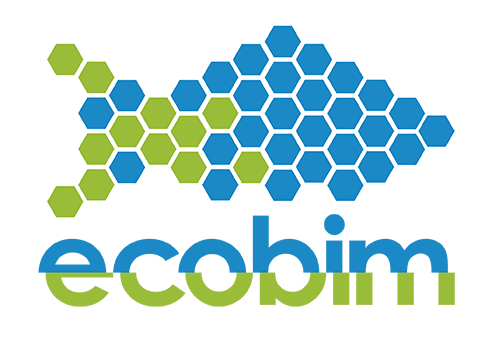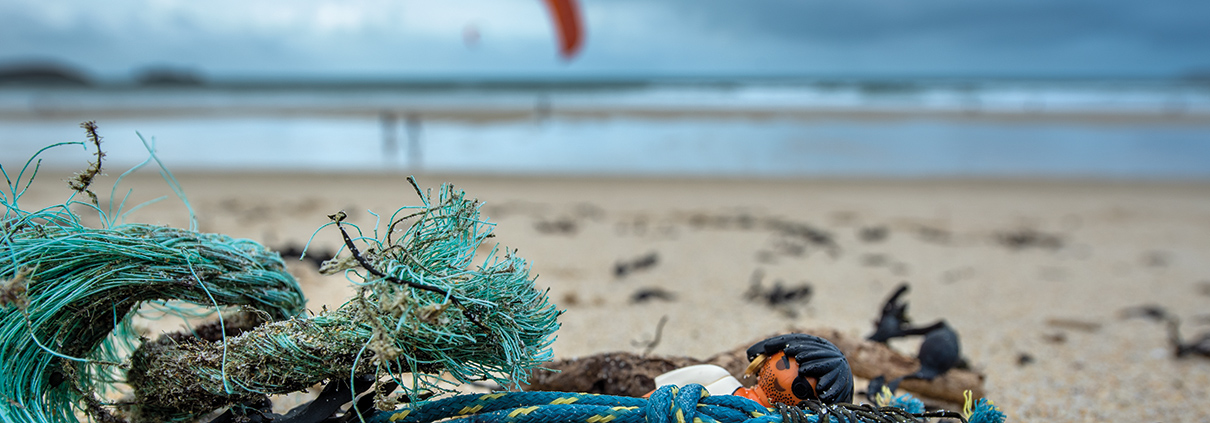La ZABrI
La Zone Atelier Brest Iroise (ZABrI) a été labellisée par l’Institut Ecologie et Environnement (INEE) du CNRS en mai 2012. Elle est coordonnée par deux laboratoires de l‘Institut Universitaire Européen de la Mer (IUEM) : LETG Brest – Géomer et le LEMAR et regroupe plusieurs laboratoires bretons autour de 4 enjeux majeurs pour le littoral :
- la vulnérabilité face aux risques côtiers,
- les transferts terre-mer et leurs conséquences socio-écosystémiques,
- la conservation de la biodiversité et la gestion des usages,
- les relations entre sciences et société.
Son objectif est d’améliorer la compréhension du fonctionnement et de l’évolution du socio-écosystème côtier, dans un contexte de changement et dans une perspective de gestion intégrée, en privilégiant une approche interdisciplinaire et intersectorielle le long du continuum terre-mer.
Plus d’infos sur le site de la ZABrI et sur celui du Réseau des Zones Ateliers (RZA) de l’INEE.

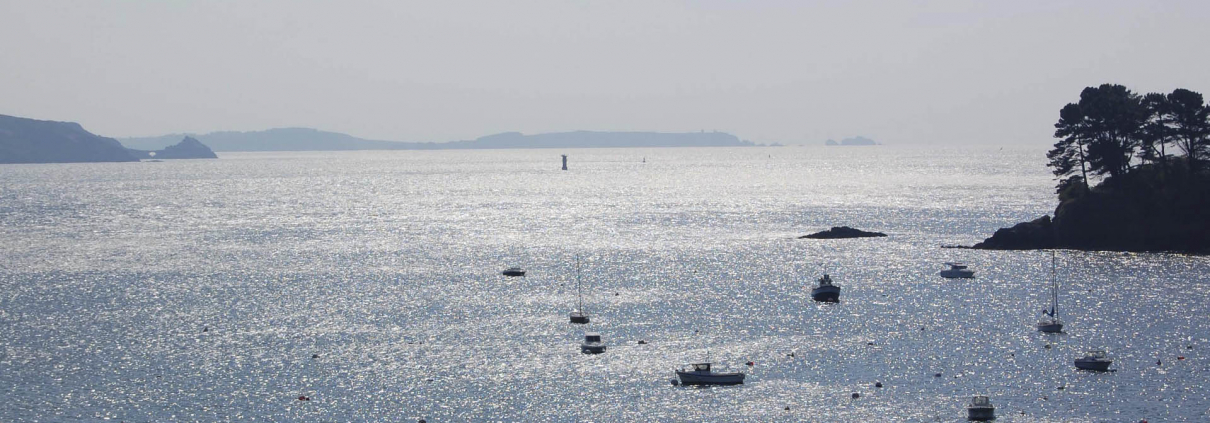 Adeline Maulpoix / CNRS
Adeline Maulpoix / CNRS